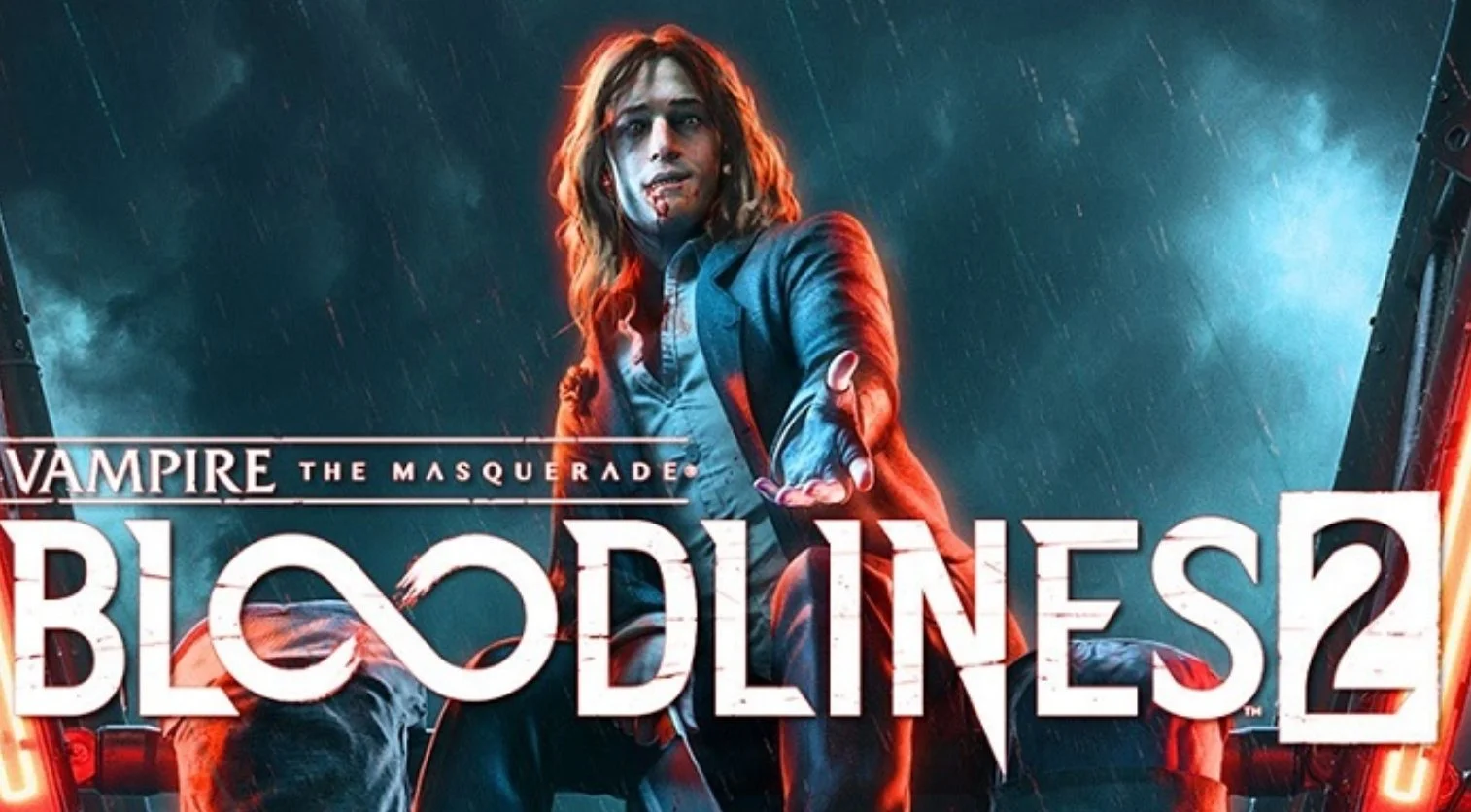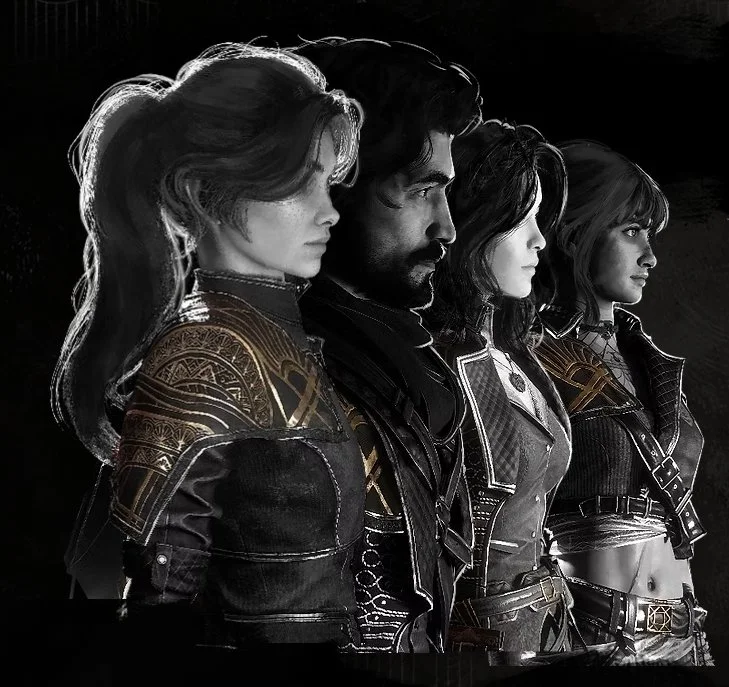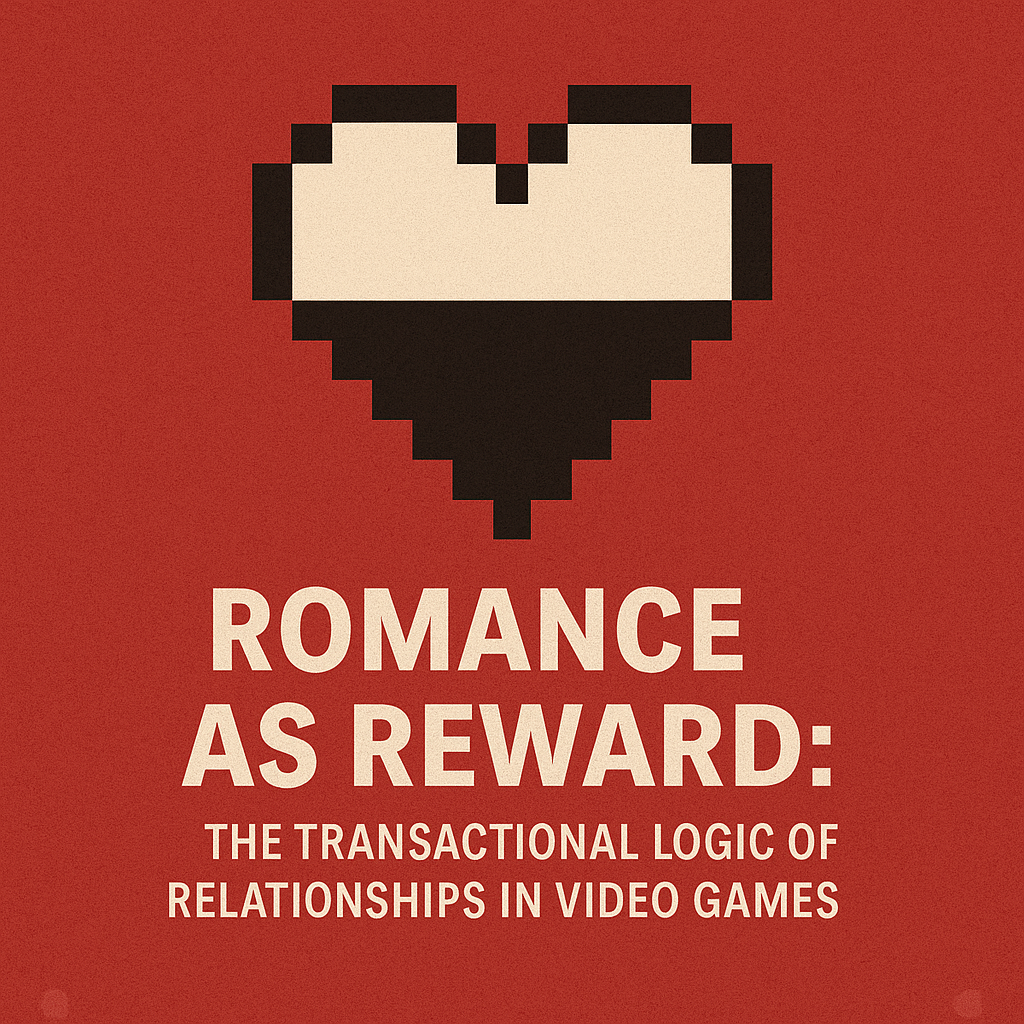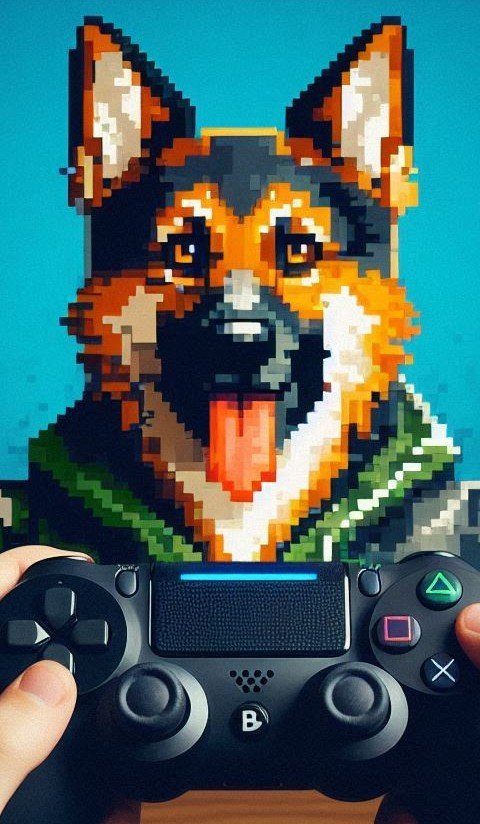Blood and Reflection: The Psychology of Missed Potential in Vampire: The Masquerade – Bloodlines 2
When Vampire: The Masquerade – Bloodlines 2 finally released in October 2025, it arrived not as the triumphant resurrection of a cult classic but as an echo. It is haunting, atmospheric, and strangely hollow. The game understands mood better than meaning, a world more evocative than interactive. For some players, including myself, there is real pleasure in stalking Seattle’s rooftops and feeling the neon glow bleed across the snowstorm skyline. Yet beneath that beauty lies a fragmented soul, a title torn between two opposing psychologies that it never quite reconciles.
Phyre’s Paradox: The Power Fantasy That Forgot Its Psychology
You play as Phyre, an elder vampire who awakens from centuries of torpor. In theory, this setup should have been perfect. From a psychological standpoint, it creates a compelling “identity reset” narrative: a creature of immense age and power forced to rediscover both the modern world and their own purpose within it. It is the archetype of the forgotten god or the amnesiac monarch. The stage is set for an intoxicating journey from nothing to everything, from feeding on rats in a back alley to ruling the city’s vampire elite as Prince.
Yet Bloodlines 2 never fully commits to this arc. The game flirts with the fantasy of power escalation, unlocking vampiric disciplines and navigating the city’s factions, but it rarely allows the player to feel the psychological transformation that defines a true RPG power fantasy.
Where the original Bloodlines (2004) tied its mechanics tightly to personal growth and moral erosion, Bloodlines 2 feels oddly static. Phyre begins defined and ends defined. The middle section, where the player’s decisions should reshape identity, remains emotionally flat.
Part of this problem is structural. The deep RPG systems and open-ended dialogue trees that made the first game so beloved are gone. Character creation, clan identity, and consequence-driven social play have been replaced by a more linear, action-oriented design. There is little sense of earning power; instead, you unlock it through predetermined milestones. Psychologically, this flattens the arc. The vampire’s ascent from predator to political powerhouse feels like something that happens to you rather than something you become.
A key loss is the management of the Beast, the primal hunger that has always symbolised the struggle between instinct and morality in Vampire: The Masquerade. In earlier entries, feeding was a moral and psychological act — a dangerous negotiation with one’s darker nature. In Bloodlines 2, feeding serves mainly to refill ability bars and earn upgrade points, stripping the act of its narrative or emotional weight. The tension between hunger, control, and humanity becomes mechanical rather than meaningful, which weakens one of the series’ core psychological dynamics.
This is a shame because the premise invites something far richer. Imagine Bloodlines 2 as a social-psychological simulator of vampiric hierarchy: beginning powerless and alien, learning the rituals and paranoia of the Masquerade, slowly mastering manipulation, blood economics, and court intrigue. The player could have been both political operator and predator, learning the etiquette of immortality through gameplay. It could have been a “Masquerade management” sim combined with a morality-driven RPG. That is the game that could have been: a story about identity explored through the psychology of social masks.
The Missed Malkavian: Madness, Neurodivergence, and Noir
If Phyre’s story is the tragedy of a missed power fantasy, then the unmade Malkavian detective game is the tragedy of unrealised perspective.
Among fans, the Malkavians have always represented the most fascinating intersection between supernatural metaphor and mental health allegory. Their “madness” — visions, paradoxical speech, prophetic dissonance — has long mirrored real experiences of neurodivergence, trauma, and sensory difference. When handled respectfully, Malkavians are not caricatures of insanity but mirrors of how humans perceive (and misperceive) reality itself.
In early concept material for Bloodlines 2, there were rumours of deeper faction quests and psychological investigations where vampiric perception could uncover truths invisible to others. In practice, that thread never materialised. Instead, the game’s most psychologically engaging presence comes from Fabien, a vampire whose disembodied voice shares Phyre’s mind.
Fabien is beautifully written and perfectly performed. He acts as an unreliable narrator, conscience, and haunting roommate all at once. He injects the story with exactly the sort of fragmented subjectivity the game otherwise lacks. Through Fabien, we glimpse what Bloodlines 2 could have been: a vampiric noir, filtered through multiple fractured perspectives, where the player questions their own memories as much as the mysteries of Seattle’s undead society.
It is easy to imagine an alternate Bloodlines 2 built around this premise: a Malkavian noir detective game stretching across decades, using vampire immortality to explore time, trauma, and unreliable memory. Mechanically, it could blend investigation gameplay with psychological instability, allowing clues to change meaning depending on the player’s perception. Thematically, it could turn the Masquerade inward: a study of how we conceal our true selves even from ourselves.
For neurodivergent players, this could have been profound. Games like Disco Elysium and Hellblade: Senua’s Sacrifice have shown how interactive media can translate internal cognitive states into playable experiences. A Malkavian-led story could have continued that tradition, not as parody or pathology, but as empathy through difference.
That is the noir fantasy I imagine: a supernatural Sherlock Holmes haunted by voices only he can hear, solving crimes across centuries while slowly unravelling his own perception of truth. The very act of “seeing what others can’t” — long a Malkavian hallmark — becomes a metaphor for neurodivergent cognition: pattern recognition, intuition, and sensory overload transmuted into superpower.
The potential here was not only artistic but deeply psychological. A well-crafted Malkavian narrative could have invited players to empathise through altered cognition, to experience what it means to inhabit a mind that perceives the world at a different frequency. Instead, Bloodlines 2 gestures toward these ideas but retreats into safer territory: familiar dialogue trees, occasional hallucinations, and brief allusions to madness that never reshape the gameplay itself.
Atmosphere Over Agency: The Seduction of Surface
None of this is to say Bloodlines 2 is without value. On a purely aesthetic level, The Chinese Room, the studio behind Dear Esther and Everybody’s Gone to the Rapture, has built one of the most atmospheric cities in modern gaming. Their Seattle is a chiaroscuro painting of neon, rain, and ruin. The sound design hums with distant basslines and whispered voices, while the snow-choked streets feel alive with secrets. As a sensory experience, it is hypnotic.
This is where the game’s psychology succeeds. It seduces. It understands that vampire fantasy is as much about perception as power. The feeling of gliding silently over rooftops, of stalking mortals beneath streetlights, satisfies a primal itch for predation and voyeurism. Even critics who called the gameplay clunky often admitted that the mood carried them through.
Yet seduction without depth becomes fleeting and repetitive. Atmosphere, by its nature, is transient. It sets the stage for introspection but cannot replace it. In psychological terms, Bloodlines 2 triggers emotion without transformation. It stimulates feeling but rarely converts that into meaning or self-reflection. The player feels awe, fear, and curiosity, yet these emotions seldom feed back into the story in a way that changes understanding of self or world.
That is the missing psychological loop: emotion leading to reflection, reflection leading to growth. The first game achieved this through choice, consequence, and moral decay. The sequel reaches only the first stage.
A Mirror Cracked: What Bloodlines 2 Tells Us About Modern RPG Design
In many ways, the fractured identity of Bloodlines 2 mirrors the state of modern narrative RPGs. Developers face constant tension between cinematic control and player agency, between accessibility and complexity. The Chinese Room inherited a project with a famously chaotic development history, multiple reboots, creative reshuffles, and years of fan expectation. In such conditions, it is understandable that the final product chooses coherence over chaos.
Yet there is irony in that choice. The World of Darkness universe is built on chaos, moral ambiguity, and competing perspectives. By streamlining mechanics and narrowing player freedom, Bloodlines 2 unintentionally suppresses the very psychological DNA that defines its world. The Masquerade is about hiding your true self, and the game hides too much of its own.
From a design-psychology perspective, this reveals something crucial: players do not just want to be told they are powerful or unstable or ancient. They want to feel those states through systems and feedback loops. A vampire RPG should make you feel hunger, temptation, secrecy, and consequence, not simply describe them.
Simply Put: The Beauty of the Unseen
Despite its flaws, Vampire: The Masquerade – Bloodlines 2 remains a fascinating case study in ambition versus execution. It is a game haunted by its own potential, a mirror to both its world and its audience. For those of us interested in the intersection of psychology and design, it is a reminder that games are most powerful when they let us inhabit states of mind rather than merely observe them.
When I think about Bloodlines 2, I do not think about combat or upgrades. I think about Fabien whispering in Phyre’s ear, that spectral voice hinting at a deeper and stranger truth. I think about the rooftops of Seattle at night, glistening under snow and neon. And I think about what could have been: a sprawling social RPG about identity and power, or a fractured noir odyssey through a Malkavian mind.
In the end, Bloodlines 2 gives us only fragments of both, beautiful shards that never form a whole. Perhaps that is fitting. Vampires are creatures of reflection without reflections. Maybe Bloodlines 2’s greatest irony is that it perfectly embodies its theme: a being with a soul once whole, now splintered, searching for the self it lost.







